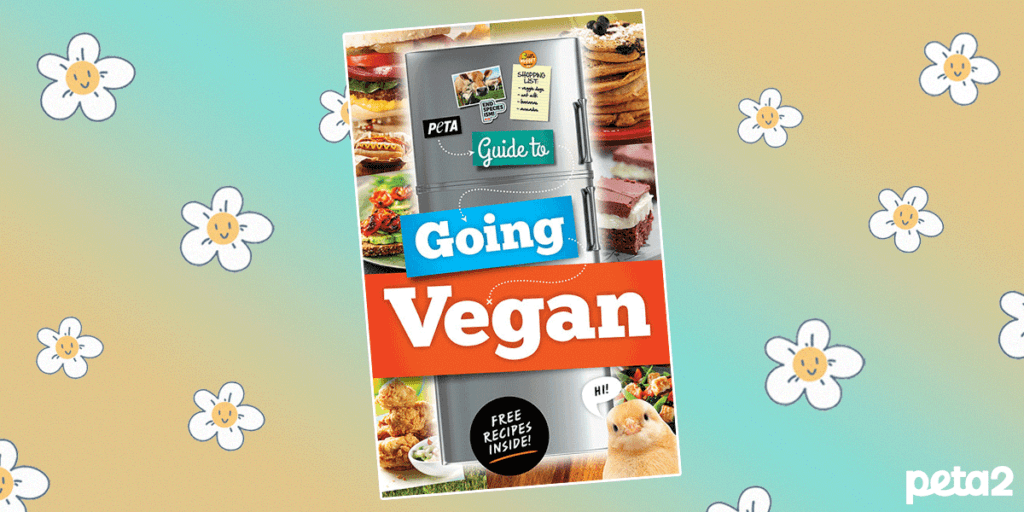Vegan Supplements, Collagen, and Protein Powder: Everything You Need to Know
Even if you’re eating all the right things, you’re probably still not getting 100% of the nutrients you need to fully thrive. Let your food do most of the work, but use supplements to cover your bases for optimal health. A vegan diet filled with vegetables, fruits, legumes, seeds, and nuts offers the greatest abundance of micro- and macronutrients and is proven to reduce your risk of suffering from heart disease, cancer, dementia, and other common diseases.
This guide can help you get even more out of what’s already widely considered to be the healthiest lifestyle. It’s worth noting that a carcass-inclusive diet misses out on certain nutrients, meaning that omnivores should take supplements, too.
B12 and Other Vitamins and Nutrients
While vegan animals like horses, cows, and elephants get their B12 from dirt, humans don’t eat much of the stuff. Luckily, we don’t have to choose between eating dirt and eating dead bodies—we can just take a supplement. Vegans should take supplements for vitamin B12, vitamin D3, and omega-3 fatty acids. You can find a multivitamin and guzzle ’em all down in one go.
As you age, your body stops absorbing B12 as effectively as it once did, no matter what you eat—so everyone should be taking B12 vitamins when they get older. A staggering 40% to 60% of the world’s adults don’t get enough vitamin D, so it’s not a vegan thing—it’s a sunshine thing. And fish don’t make omega-3s—they get them from the algae they eat. So avoid the mercury, microplastics, and cruelty by going straight to the source and taking a toxin-free algae-based supplement instead.
Collagen
Collagen is in our bones, cartilage, tendons, and other connective tissues. It helps strengthen bones and keeps skin elastic for a youthful-looking appearance. Most collagen supplements on the market are derived from bovine connective tissue or fish. Barf. Eat lots of leafy green vegetables for all the collagen-boosting nutrients you need.
The Physicians Committee for Responsible Medicine notes that vitamin C from citrus fruits, tomatoes, peppers, and other fruits and vegetables is essential for making collagen, while tech start-up Geltor is making animal-free collagen peptides using microbial fermentation. Another essential building block for collagen production is zinc, which is plentiful in nuts, seeds, beans, lentils, tofu, oatmeal, and mushrooms. You can also take a zinc supplement to boost your collagen while enjoying its immune-boosting benefits.
Protein
Whether you’re looking for a meal replacement, a pre- or post-workout drink, or a satisfying snack, protein powders are great. Check out five of our favorite brands for protein-powered shakes: Vega, Evolve, Orgain, fitppl, and Bolthouse Farms.
That’s not to say vegan diets don’t contain enough protein naturally. Most people get too much protein, as it’s found in many foods, including seitan, tofu and tempeh, pea-based products (such as the Beyond Burger), nuts and nut butters, seeds, and legumes. So even if you’re not even thinking about it, you’re probably getting enough protein. But if you’re worried, there’s a powder for that.
Text peta2 to 30933 for ways to help animals, tips on compassionate living, and more!

Terms for automated texts/calls from peta2: http://peta.vg/txt. Text STOP to end, HELP for more info. Msg/data rates may apply. U.S. only.





